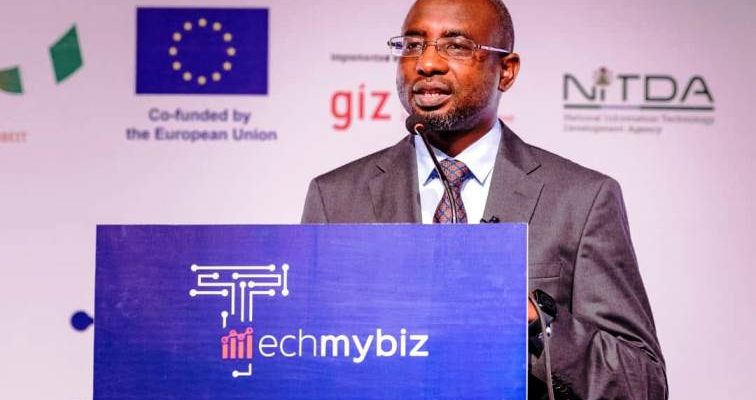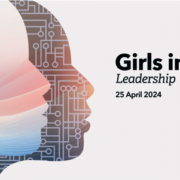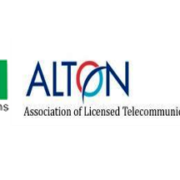Digitisation is a major game changer for micro, small and medium enterprises (MSMEs) and potentially alters corporate Nigeria for good as MSMEs account for a huge percentage of businesses and economic growth.
RELATED: Nigeria to fast-track access to single digit loans for MSMEs
According to the Director General, National Information Technology Development Agency (NITDA) Kashifu Inuwa Abdullahi, digitisation of MSMEs will increase national revenue by 26%, reduce operating cost by 22%, and contribute $53 billion Nigeria’s economy.
But despite the available opportunities, there are challenges to be addressed in order to realise the potential of digital transformation in MSMEs, Abdullahi remarked at the recent TechMyBiz Pitch-A-Thon event in Lagos jointly funded by the European Union (EU) and the German Federal Ministry for Economic Cooperation and Development.
The TechMyBiz Pitch-a-thon, a process of selecting Digital Innovations in Africa, started with a “Call for Digital Solutions” campaign that offered a platform for many innovators, entrepreneurs and startups within the Nigerian ecosystem to register their already created digital solutions. Of this number, 30 are expected to emerge as winners out of the 50 selected for the Pitch-a-thon.
“Digitisation is about operational excellence using technology as an enabler for business efficiency, more productivity, increased revenue and cost savings,” said Abdullahi.
Hiw words: “Firstly, we need to create innovation-friendly conditions in our country in terms of enabling policies and laws, government services, ease of doing business, and so on.
“Secondly, we need to have support organisations — platform that will assist to digitise MSMEs for innovation hubs around the country to incubate ideas, because innovation is a process of taking an idea from inception to impact that means you can have an idea, and you can be innovative, but that is not enough, you need to commercialise your ideas.
“Then we need the infrastructure, this is important to MSMEs, but Africa is lacking in digital public infrastructure. Digital public infrastructure is beyond having connectivity and access to computers. The Second Industrial Revolution was about massive production which requires enabling infrastructure for transportation, but today we are in the fourth Industrial Revolution, which is about digital services, therefore, we need the required infrastructure to aid digital services.”
“Lastly, is the challenge of digital skills and literacy. The digital offerings require digitally literate consumers to benefit from the services, therefore there is the need to enlighten and educate the populace to acquire digital literacy skills.”
Other attendees were Markus Wauschkuhn, Coordinator Commission Social policy, Education, Employment, Research and Culture (SEDEC); Technical Lead, Evaluation Expert, Charles Emembolu; representatives of the European Union (EU); ISN Board; and other industry experts.































